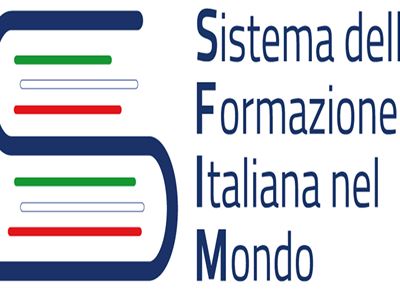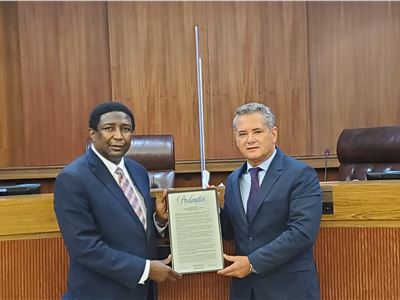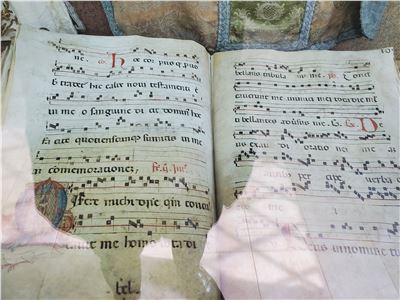1. What I Learned From My Mother by Julia Kasdorf
The poet lists the life lessons she's learned from her mother, especially in the ways we care for and console one another. Kasdorf begins, “I learned from my mother how to love / the living" and ends with "To every house you enter, you must offer / healing: a chocolate cake you baked yourself, / the blessing of your voice, your chaste touch.”
2. Waterwings by Cathy Song
Song captures the poignant transience of mothering a small child. The morning her son decides he doesn’t need waterwings she watches him swim away with sadness because “he will not remember / that he and beauty were aligned”, and imagines the future time when he will wait for her “having already outdistanced this body, / the one that slipped from me like a fish, / floating, free of itself.”
3. Thanking My Mother For Piano Lessons by Diane Wakoski
A poem expressing gratitude for a simple part of childhood, as the poet remembers “the relief / of putting your fingers on the keyboard,” while those memories give direction later in life. The poet uses the poem to thank her mother for her sacrifices of “working every day / in a drab office” and “always paying for / my piano lessons / before she paid the Bank of America loan / or bought the groceries / or had our old rattling Ford repaired.”
4. A Practical Mom by Amy Uyematsu
A daughter explores the different views and opinions she and her mother have, on topics ranging from religion to nature, which leads the daughter to appreciate her mom's way of seeing and living in the world.
5. A Dandelion for My Mother by Jean Nordhaus
The familiar image of a child picking dandelions—“those spiky suns, / rooted stubborn as childhood / in the grass”—leads this poet to contemplate the once strong and sturdy aspects of life and the now delicate and fragile aspects of motherhood.
6. Rock Me to Sleep by Elizabeth Akers Allen
A touching and affectionate tribute to a mother's love. This ninteenth-century poet longs to turn back the clock and return to her childhood, when she was free of “toil without recompense, tears all in vain.” At the end of each meditation on the simplicities of the past and the “faithful, unselfish, and patient love” of her mother, Allen returns to the refrain, “Rock me to sleep, mother, – rock me to sleep!”
7. The Great Blue Heron by Carolyn Kizer
When the poet sees the heron on the beach, she wonders, “Heron, whose ghost are you?” and then, realizing, runs up the path to her mother. Her mother also catches a glimpse of the bird drifting out of view and understands that the bird is a symbol of her death. Fifteen years later, haunted by the bird, the anguished poet asks the heron why he has stood patiently “Waiting upon the day . . . / My mother would drift away”.
8. Your Clothes by Judith Kroll
A short and touching poem about the lingering self contained in the possessions of a mother, and how a mother is always part of a child.
9. Tintype on the Pond, 1925 J. Lorraine Brown
“Believe it or not,” the poem begins, and in a tone mixed with skepticism and empathy, the poet tries to imagine her mother, now an old woman, ice skating on the rib bones of a roast tied to her boots with waxed twine.
10. Not Here by Jane Kenyon
The poet discovers mice have nested in her bureau and ruined her mother-in-law’s linens. She uses the occasion to both mourn an absent generation of women (“There’s almost no one left / who knows how to crochet lace. . . .”) and the life that also passes with time. The mice are her metaphor: “making themselves / flat and scarce while the cat / dozed with her paws in the air, / and we read the mail / or evening paper, unaware.”
11. Lunchbox Love Note by Kenn Nesbitt
In this poem—notable for its hard end rhymes—the poet discovers a valentine in his notebook and wonders who wrote it. Jennifer? Jo? He opens it and “Then wham! as if / it were a bomb, / inside it reads, / “I love you—Mom.”
12. To a Child by Sophie Jewett
Late nineteenth-century poet Jewett frames the mother-child relationship using natural imagery: a forest tree that shelters a wild, sweet bird from the north wind. When the wind calms, the bird sings for one golden hour. Recalling the song, the mother feels her heart—and the world—grow young again.
13. To Any Reader by Robert Louis Stevenson
The poet imagines a mother who envisions her child at play, and presents himself as such a child who cannot be summoned now because he has grown, is “a child of air.”








































